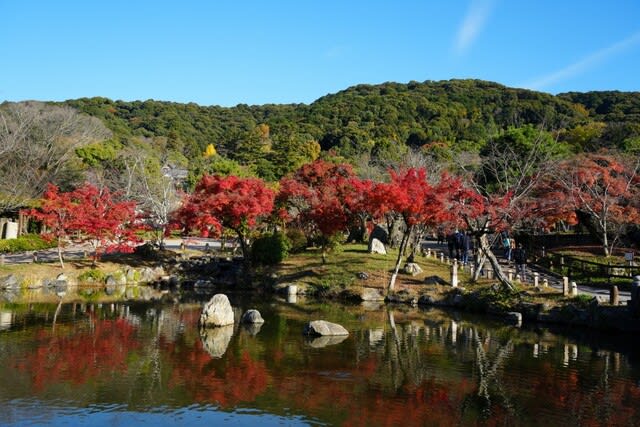As a subscriber to the Asahi Shimbun until August 2014, I had yet to learn that Mr. Shoichi Watanabe was one of the world's most authentic scholars.
Most of the Asahi subscribers were the same way.
It is a must-read not only for the Japanese people but for people worldwide.
p205-p211
After the Peace Treaty of the Sino-Japanese War, Russia, the Greatest Enemy, Moved South
As a result of the Sino-Japanese War peace negotiations, Japan received reparations and the cession of Taiwan, the Penghu Islands, and the Liaodong Peninsula (Kwantung Province) from the Qing Dynasty.
If the agreement had remained the same, Japan would have enjoyed the most favorable terms possible, but that was not the case.
Taiwan and the Red Lake Islands were out of the Qing's effective control, so there was no problem.
The Liaodong Peninsula was also outside the Great Wall of China and relatively low importance to the Qing.
On the other hand, Kwantung Province was part of South Manchuria for Japan, and if Japan had ceded that much land, there would have been no subsequent immigration problems. The Russo-Japanese War itself might not have occurred since Lushun and Dalian, the basis for the Russo-Japanese War, would not have fallen into Russian hands.
There was no need for Japan to annex Korea.
However, as soon as Japan signed the peace treaty, the three powers interfered.
On April 23, 1895, Russia, Germany, and France demanded that Japan return the Liaodong Peninsula to the Qing Dynasty, claiming that Japan's acquisition of the Liaodong Peninsula threatened peace in the Orient.
The Japanese were extremely angry, but there was no way to win a single battle against these three countries.
So, Emperor Meiji issued the "Imperial Edict on the Return of the Liaodong Peninsula," and everyone put up with it.
Later, however, Russia leased Liaodong Peninsula's southern tip, Lushun and Dalian, which Japan had returned; Germany leased Shandong Peninsula's Qingdao; Britain leased Weihaiwei and Kowloon Peninsula, and France leased Guangzhou Bay. It was not satisfactory to Japan.
In particular, Kuchishea's expansion into the Liaodong Peninsula was an absolute disaster.
Russia had been Japan's most significant enemy since the end of the Edo period.
It had already landed on Tsushima at the end of the Edo period, and Japan had even asked the British to drive it away.
From Japan's point of view, Germany, France, England, and the U.S. were not such a significant threat because they had to come across the sea. Still, Russia was connected to the Korean Peninsula by land, so its fear was incomparable to that of other countries.
Russia would lease the Liaodong Peninsula and make Lushun a military port.
If that were all, it would have been enough, but it extended its reach to what is now North Korea.
In desperation, Japan began negotiations to the effect that even if it could not be helped to free Manchuria, it would be a problem to have it appear on the Korean Peninsula.
However, Russia would not listen at all.
They acquired a fishing village called Yongampo, located at the mouth of the Yalu River, and turned it into a military port.
It also acquired mining and forest logging rights in North Korea.
Finally, it requested the Joseon government to lease a military port in the Jinhae Bay area, which was just a stone's throw from Japan.
If Russia seized Jinhae Bay, all of Korea would be controlled by Russian forces.
It would be fatal to Japan.
When the Korean War began in 1950, General MacArthur of the United States had no choice but to acknowledge this pressure on Russia.
In order to defend the Korean peninsula, the U.S. military will engage in a deadly battle with the North Korean army, which has the support of the Soviet Union.
Russia put pressure on the Korean government.
Chosun was a Sadaejuui country, so when it saw Japan easily yield to the pressure of Germany, Russia, and France and return to the Liaodong Peninsula during the Tripartite Pact, it decided Japan was no match for a white country.
And then, at a stroke, they became more pro-Russian.
As expected, Chosun opposed lending Russia a port in Jinhae Bay, but that could be overturned at any time.
With this, Japan gave up on continuing diplomatic negotiations with Russia and plunged into war at the very last moment, before the completion of the Trans-Siberian Railway.
This article continues.














